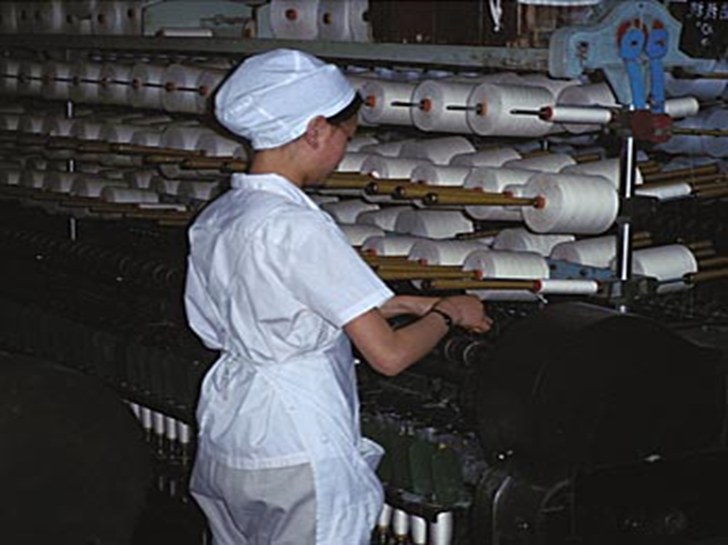Christiani Lab
The Christiani Lab studies the interplay between environmental exposures, genetics, and disease in human populations, in the research area known as molecular epidemiology.
651 Huntington Avenue
FXB 109–113
Boston, MA 02115
Shanghai Textile Workers Cohort Study
In Shanghai, the world’s largest cotton textile producer, Dr. Christiani has led a 43-year long study of 1,000 textile workers that has helped tighten air-quality standards in factories across China. The study has also raised worker-safety concerns in industries from textile processing, grain processing, and animal confinement to particle-board manufacturing—all of which contaminate the air with vegetable—or animal-derived dusts that contain gram negative bacterial endotoxin.
In 1986, China adopted U.S. standards and lowered acceptable cotton-dust levels in factories tenfold, from 10 mg per cubic meter to 1 mg of total dust, in response to Harvard Chan’s studies linking the dust to lung deterioration and disease. Since then, investigators have turned their attention to dangers posed by potent inflammation-causing biologic agents—endotoxins—which are produced by bacteria that thrive in cotton. During the milling process, these bacteria disintegrate, expelling endotoxins into the air. Using DNA from long-frozen blood samples, the Christiani lab and colleagues are exploring the relationship among airways disease, airborne endotoxins, and genetic and epigenetic factors in airway responses. The team is also looking at other blood markers, such as proteomics, as well as CY images in a multi-platform assessment of lung responses to endotoxin and dust. This study represents the largest and longest prospective study of cotton textile workers ever done.
This work is supported by NIOSH grant R01OH002421.

Workers in the later stages of textile manufacturing, such as the woman shown here spinning, have a lower exposure to dust.